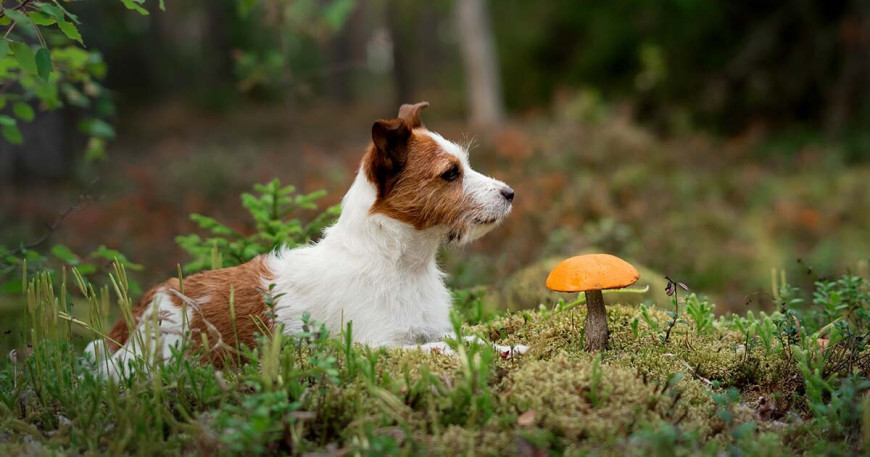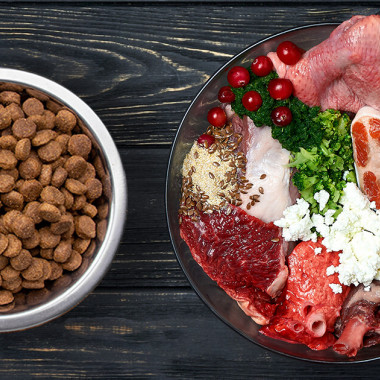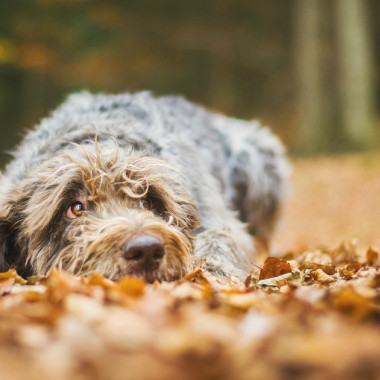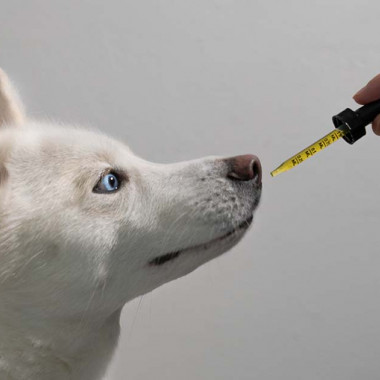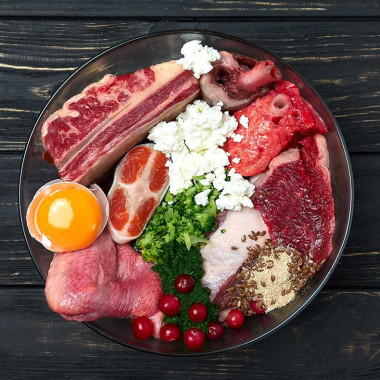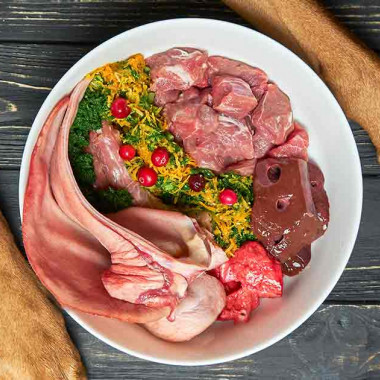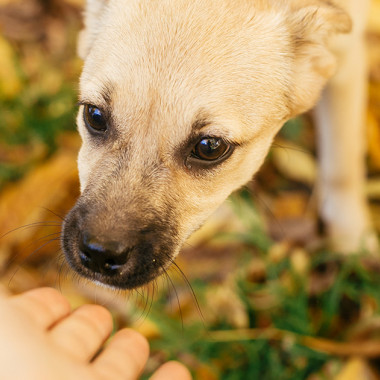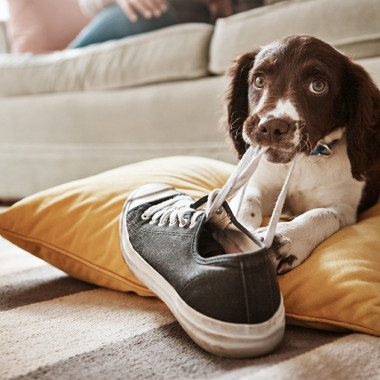Mushrooms are not part of a dog’s natural diet. However, can their consumption harm them, or are they harmless? This is a question many dog owners have asked, and we have the answer.
Poisonous Mushrooms
Poisonous mushrooms are undoubtedly a big NO for our canine companions. Of course, no one would intentionally feed such mushrooms to their dogs, but some greedy dogs might help themselves to a dangerous “delicacy” while outside. If you suspect your dog has eaten an unknown mushroom, you must take them to the vet immediately. Ideally, take a sample of the mushroom your dog ate.
Which mushrooms are poisonous? Let's mention a few of the most well-known and the symptoms of poisoning from them.
Hepatotoxic Mushrooms
Examples: Fly agaric, Death cap, Panther cap…
Symptoms of poisoning: Vomiting, neurological issues, respiratory failure...
This category includes fly agaric mushrooms, whose poisoning effects are not immediate, making them particularly dangerous. By the time you notice something is wrong, it might be too late. If you see that your dog has eaten a fly agaric, induce vomiting immediately. It’s also helpful to give them activated charcoal to bind some toxins before they can affect the internal organs. Even after first aid, a visit to the vet is necessary.
Hallucinogenic Mushrooms
Examples: Liberty cap, Golden scalycap, Psilocybe mushrooms…
Symptoms of poisoning: Hallucinations, fever, vomiting, seizures...
This category includes mushrooms from the genera Conocybe, Gymnopilus, Psilocybe, or Panaeolus, whose consumption causes dogs to experience highly unpleasant symptoms. While ingestion of these mushrooms is usually not fatal, a trip to the vet is still required. To prevent the dog from suffering through seizures, hallucinations, and nausea, sedatives are administered until the toxins leave the body.
Edible Mushrooms
Certain types of edible mushrooms could theoretically be given to dogs in small quantities, but from a nutritional perspective, it’s not beneficial. Raw mushrooms are indigestible for dogs, and although they are edible for humans, they may cause digestive issues like diarrhea, vomiting, and bloating in dogs. Cooking mushrooms causes them to lose most of their nutrients, and there’s still a risk they might not agree with the dog.
What to Do if a Dog Eats an Edible Mushroom?
If a dog manages to eat a piece of cooked or raw edible mushroom, it’s important to monitor them for several hours. If the aforementioned symptoms occur, ensure the dog stays hydrated to avoid dehydration. A visit to the vet is not necessary unless the dog becomes lethargic, refuses water, etc. It’s also possible that the dog won’t have any problems after consuming an edible mushroom, but this doesn’t mean it’s beneficial or safe to include mushrooms in their diet—especially when there are hundreds of other foods that dogs can eat and that are healthy for them.
